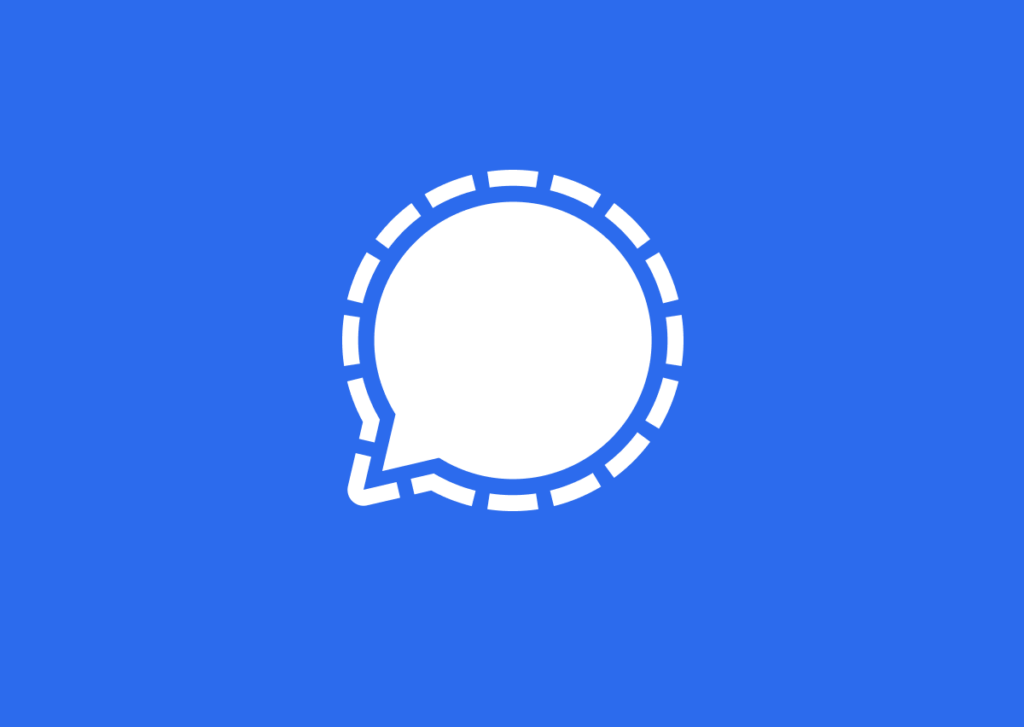As tech companies continue to invade user privacy to collect profit, a nonprofit offers a secure, high-privacy alternative.
Last week Signal Messenger went from a small, little-known texting platform to a household name at #1 on the Apple App Store and the Google Play store. The downloads came in so many and so fast that their carriers could hardly keep up with the sudden surge in traffic for several days.
The catalyst for this surge was a tweet from Elon Musk—but his tweet came in the wake of a new privacy policy from WhatsApp alerting users that the program will be gathering significantly more data from users’ phones.
Now, WhatsApp messages are still end-to-end encrypted, ensuring that no one can read them other than the sender and the recipient. In fact, the founder of Signal Messenger, who goes by Moxie Marlinspike, provided the encryption protocol for WhatsApp, Facebook Messenger, and Skype. That means that, for most of us, the encryption on Signal is not notably different than its competitors—and yet, the updated terms of service registered a vote of no confidence from thousands of users who fled the program due to privacy concerns.
It is interesting that Signal filled the void opened up by this WhatsApp exodus. Signal celebrates the fact that they collect no user data—but this, of course, could change. And while Signal has several features from the user side that enhance security, its competitors could add these, reducing the difference in privacy.
A NONPROFIT MESSENGER
What really sets Signal apart is that it is a nonprofit. Signal is owned by its parent organization, the Signal Foundation, which was co-founded by Brian Acton, one of the founders of WhatsApp who left the company when Facebook acquired it.
The shifting goalposts of user privacy over recent years—while the wealth of the tech titans soared unabated—has shown customers that their privacy is far and away a tertiary concern of the tech companies and their profit interests. More than this, the unprecedented purge of users last week showed that the tech oligarchs have no qualms strong-arming their users and manipulating their platforms in ways that suit them.
In other words, it is increasingly clear that the tech mega-corporations have no concern for their users, who are so numerous—not to mention addicted—that their interests can be easily ignored in the unmitigated pursuit of profit. And that is why Acton left WhatsApp and later invested vast sums of his own money in Signal.
PROFIT MOTIVATION
Turning to the nonprofit sector, Acton could set aside the business motivation to commoditize user data.
Time will tell whether Signal’s rise to the top will be a flash in the pan or whether it will mount a real opposition to its data-mining opponents. Even with the best developers and the best technology, competing with the Silicon Valley Tech Lords is no small feat. What is interesting right now, though, is that Americans in droves—and hundreds of thousands more around the world—are turning to a nonprofit for the unique service it provides to them.
It is fashionable today for for-profit businesses to have a mission statement. Just today I received an email from a billing company reminding me of their “mission”—which was not simply to collect money but something much more high-minded, of course. Many companies certainly take their missions seriously, but at the end of the day, a for-profit exists for profit. A nonprofit exists, not for profit, but for a mission.
Whatever your stance on the importance of user privacy, it is exciting to see a nonprofit stepping in and mounting an early opposition against the tech giants in order to put mission first.






